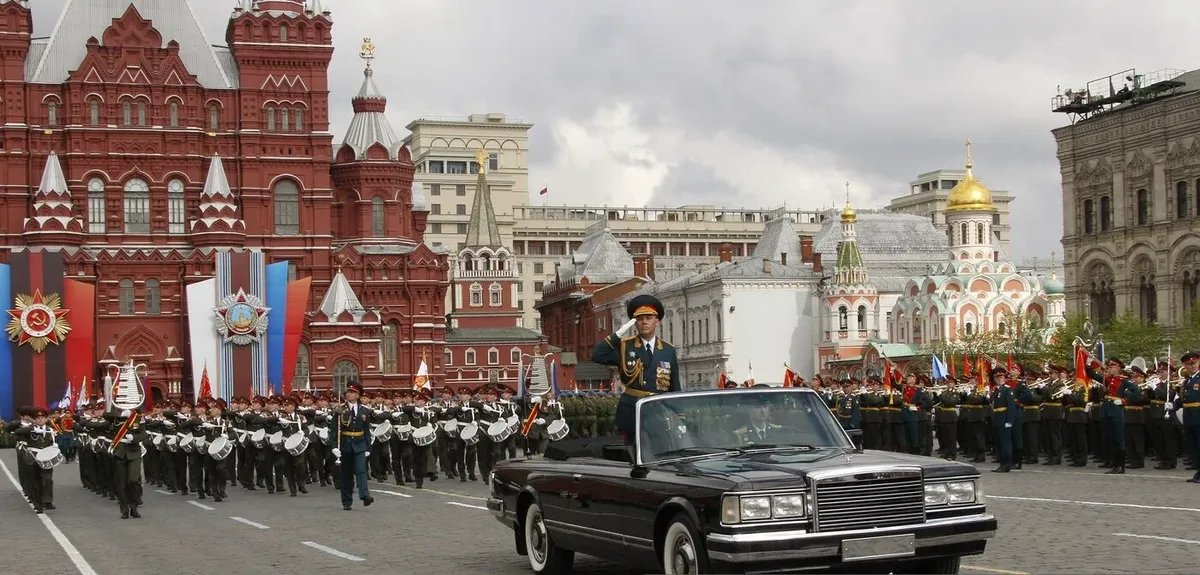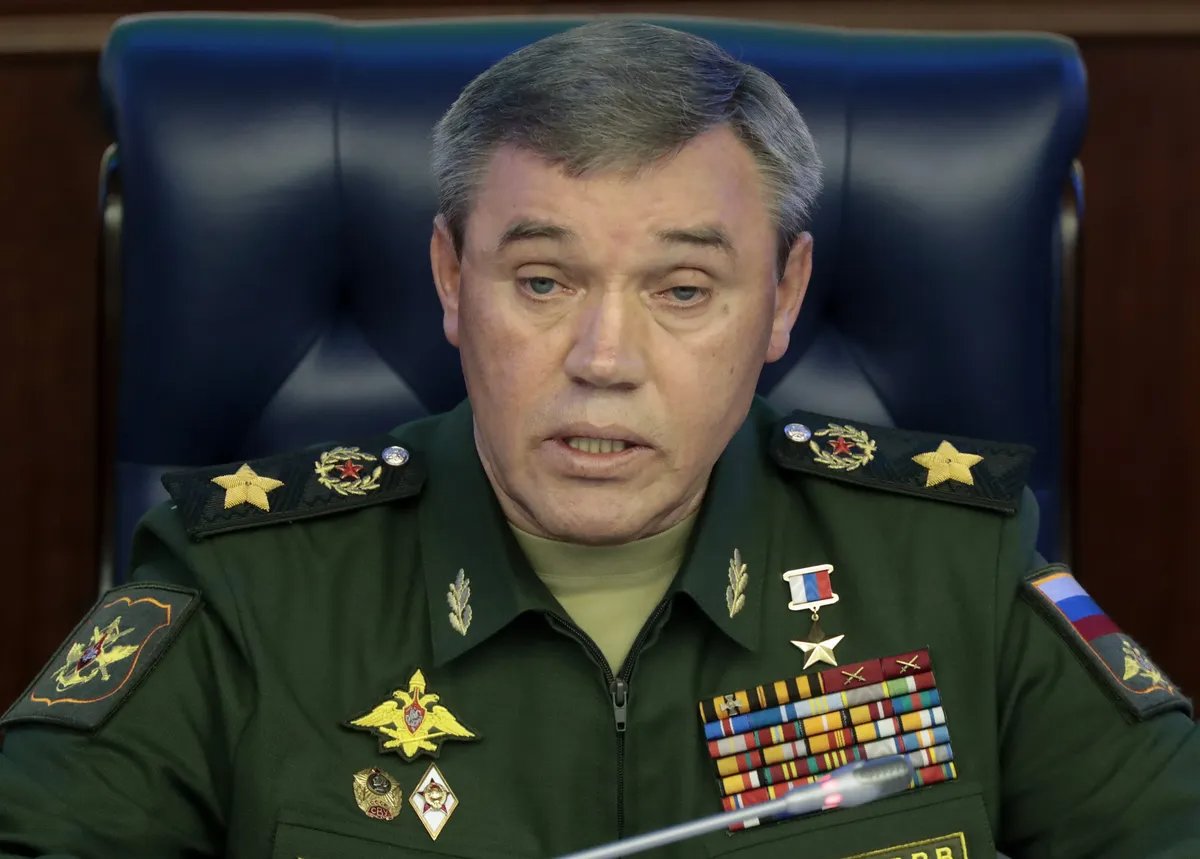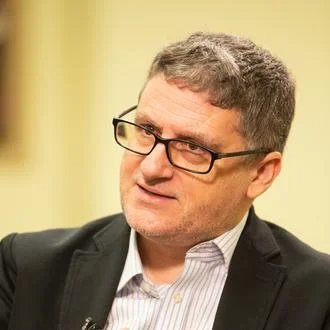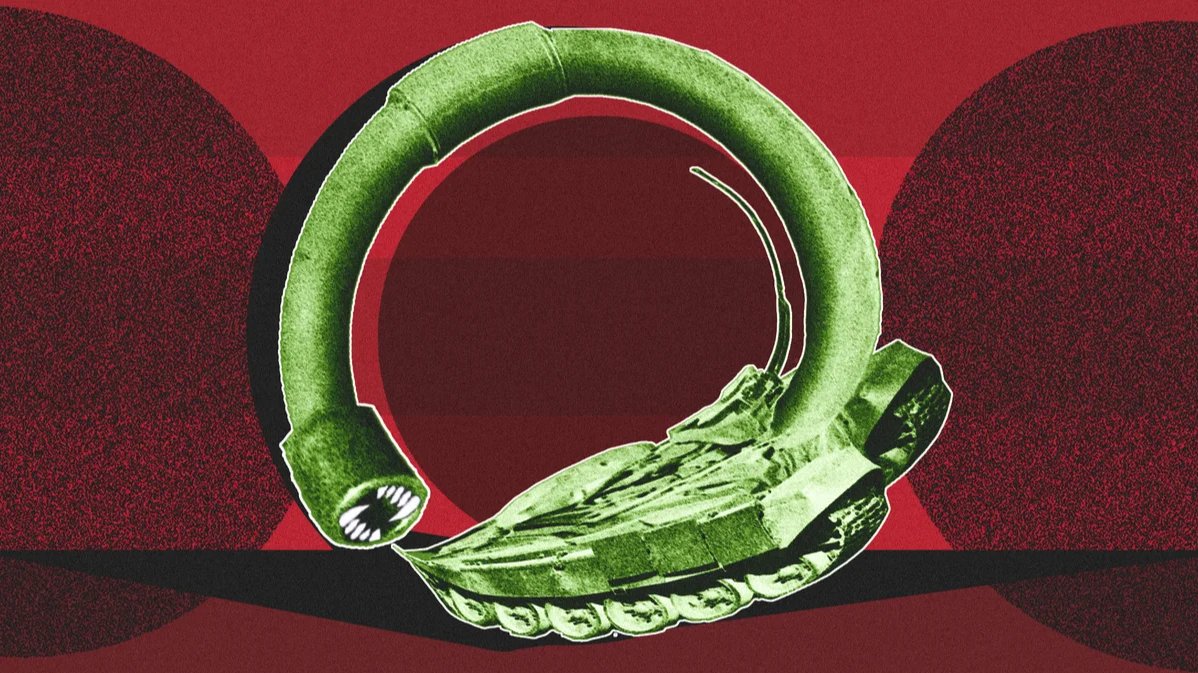The new commander of the Russian group of forces in Ukraine, Chief of the General Staff of the Russian Defence Ministry Valery Gerasimov, is spoken of differently in the army. Even diametrically opposite. Some consider him an honest soldier who has reached career heights thanks to talent and perseverance. Others call the first Deputy Minister of Defence, a member of the Security Council and a hero of Russia, a huckster who despises subordinates and makes incompetent decisions that have driven the country into a military trap. Novaya-Europe has collected these estimates and studied the facts on which they are based.
A guy from a working family
Born into a working-class family, Gerasimov dreamed of the army since childhood. After graduating from military school with a gold medal, he entered the Kazan Higher Tank Command School, and then the Military Academy of Armoured Forces. Later, having already climbed many steps of the career ladder, Gerasimov studied at the General Staff Military Academy, receiving excellent grades everywhere.
The future army general began his ascent to the top of the army hierarchy as a platoon commander. This was followed by appointments as a company commander, battalion chief of staff, and then as the commander of a motorised rifle division in the Baltic Military District. Gerasimov supervised the division’s move to the Moscow Military District in August 1994. After holding several more responsible posts, in 1998 he became chief of staff of the 58th Combined Arms Army of the North Caucasus Military District, and then in 2001, he began to head this army.
At that time, Gerasimov’s subordinates were actively involved in the second Chechen campaign and were the main military force of Russia in the Caucasus. After several new promotions, in 2006, Gerasimov found himself at the head of the entire North Caucasus Military District. The following milestones of his biography were the leadership of the St. Petersburg and then Moscow military districts. On 23 December 2010, the President appointed him Deputy Chief of the Russian Armed Forces General Staff, and on 26 April 2012, he was made commander of the Central Military District.

Valery Gerasimov at the head of the Victory Parade on May 9, 2011. Photo: Wikimedia Commons, CC BY 4.0
“The soldiers called Gerasimov ‘Gera’,” says a former subordinate of the star commander. “He was a diligent chief of staff of the battalion, later of a tank regiment. He was disliked by many colleagues for his rapid growth in the service. Gerasimov is a big fan of the history of the Second World War. All the time, he would ask senior officers who took part in the war questions about their combat experience. There still were people from that generation in the army, those were the mid-80s. Colonels, generals, advisers. The questions were sensible. The seniors liked the smart guy, and his career developed.”
Gerasimov, according to our interlocutor, did not hesitate to carefully criticise the Soviet doctrine of a massive strike: in the USSR, in case of war with NATO, there was a plan for a large-scale invasion of tank armadas,
which, according to the plan, were supposed to capture Europe before the United States had time to send aid. Gerasimov openly said that NATO was prepared for such a turn of events and that a Soviet blitzkrieg with the advance of tank columns to the English Channel was impossible due to the low level of discipline and training of personnel. The Soviet army obviously did not reach Wehrmacht’s level.
“And Gerasimov also claimed that the USSR was entirely unprepared for conducting an information war,” our interlocutor recalls. “He has probably carried this thought with him to the present day. Because later he repeated it in his speeches on the eve of the Crimea annexation.”
In 2012, the candidacy of Valery Gerasimov for the post of chief of the General Staff was presented to president Putin by Sergey Shoigu, who headed the Defence Ministry after the scandalous resignation of Anatoly Serdyukov. On 9 November 2012, the President approved this appointment. A few days later, Gerasimov also became a member of the Russian Security Council.

Valery Gerasimov. Photo: EPA-EFE/SERGEY CHIRIKOV
Valery Gerasimov led the technical organisation and commanded the direct military operation for the annexation of Crimea and Donbas, as well as the invasion of Syria. He was the one who gave orders to the units involved in the invasion, following the instructions of the top command. In May 2016, by a classified presidential decree, the general was awarded the title of Hero of Russia. The military commander is included in the sanctions lists of the EU and Canada.
The Bellingcat expert group named Gerasimov among those involved in the operation to deliver the Buk air defence system to the combat zone, which shot down the MH17 Malaysian Boeing in the sky over Donbas on 17 July 2014.
In the list of suspects, the general’s name was next to the name of Defence Minister Shoigu.
Ukraine declared the general “the main ideologist of the war in the Donbas”. The Kyiv court arrested Gerasimov in absentia and put him on the wanted list. At the same time, Gerasimov often participates in international negotiations at the highest level.
On 11 January 2023, Sergey Shoigu appointed the general as commander of the joint group of forces in Ukraine, demoting his predecessor Sergey Surovikin to one of the deputies. The other two deputies of the commander of the joint forces were Army General Oleg Salyukov and Colonel-General Alexei Kim.
The Elusive Doctrine
The troops say that for more than ten years it has been Valery Gerasimov who really leads the Russian army, while Shoigu, who has not served in the armed forces a single day, is only the official head of the Defence Ministry. At the same time, Gerasimov allegedly not only makes all the most important decisions in the department but is also considered a real ideologist of the Russian Defence Ministry, who created an entire military doctrine. By the way, until recently, many Western experts echoed the Russian military in this, as they were convinced that Gerasimov had developed and was implementing the concept of a “new generation war” — the Russian response to the allegedly Western-inspired “orange revolutions” in Arab countries. It is clear that it is impossible to find and read this doctrine in the public domain, but it can be “felt” by studying its public mentions.
In 2013, about a year before the annexation of Crimea, Valery Gerasimov spoke to members of the Russian Academy of Military Sciences. He repeated the idea popular in those years that the collective West unleashes hybrid wars, one of the whose targets is Russia. A little later, the Chief of the General Staff published a detailed article in the Military-Industrial Courier newspaper, dubbed “The value of science in foresight”. The article was devoted to this issue. It argued that the opponents are conducting an aggressive policy against the Russian Federation in the form of colour revolutions and other non-military methods of influence, and Russia needs to develop adequate response measures.
“In the 21st century, there is a tendency to erase the differences between the state of war and peace. Wars are no longer declared, and when they begin, they do not follow the usual pattern,” Gerasimov wrote. “The experience of military conflicts, including those related to the so-called colour revolutions in North Africa and the Middle East, confirms that a completely prosperous state in a matter of months or even days can turn into an arena of fierce armed struggle, become a victim of foreign intervention, plunge into the abyss of chaos, humanitarian catastrophe and civil war.”
Further, the general recalled the “Arab Spring”, arguing that the rules of war of the 21st century have changed significantly. “The role of non-military methods in achieving political and strategic goals has increased, which in some cases have significantly surpassed the power of weapons in their effectiveness.
The current methods of confrontation are shifting towards the widespread use of political, economic, informational, humanitarian and other non-military measures,
implemented with the use of the protest potential of the population. All this is complemented by covert military measures, including the implementation of information warfare measures and the actions of special forces. The open use of force is often applied under the guise of peacekeeping and crisis settlement only at a certain stage, mainly to achieve final success in the conflict.”
Gerasimov wrote that “frontal clashes of large groups of troops at the strategic and operational level are gradually becoming a thing of the past. Remote non-contact impact on the enemy becomes the main way to achieve the goals of combat and operation. The defeat of its objects is carried out to the entire depth of the territory… The use of high-precision weapons is becoming widespread. Weapons based on new physical principles and robotic systems are being actively introduced into military affairs.”
In his article, the army general argued that modern warfare involves only the targeted use of special operation forces and a stake in internal opposition, on the creation of a permanent internal front throughout the enemy’s territory, as well as the impact of information, the forms and methods of which are constantly being improved.
Western experts noticed Gerasimov’s article and began discussing Russia’s likely preparation for such a “hybrid war”,
when, instead of cumbersome formations of the armed forces, the stake will be placed on collaborators and traitors from among the local elites, acting with the support of small groups of professional special forces against the background of massive propaganda among the local population.
A year later, Crimea happened.
Support independent journalism
Things didn’t go according to plan
“Gerasimov makes a strange impression. He is not just a military commander, but a real ideologist of Putin’s KGB-oligarchic government,” says the head of the public movement Citizen. Army. Law Sergey Krivenko. “It was he, as the commander of the General Staff, who justified the participation of volunteer detachments in combat operations, as well as the covert use of the armed forces under the guise of such volunteers. This is exactly what we saw in Crimea and Donbas [in 2014]. The ‘Gerasimov Doctrine’ can be called the Russian response to a fictional threat from the West to its own fear of the “orange revolution” inspired by the United States, the Soros Foundation, and so on. But the Russian leadership intimidated itself to such an extent that everything descended into an open conflict, to a war like the conflicts of the mid-twentieth century, with thousands of corpses and cities wiped off the face of the earth.”
Sergey Krivenko emphasizes that the only real operation carried out following the Gerasimov concept was the seizure of Crimea by unmarked servicemen. However, this success was misinterpreted in Russia, where everyone, including the Kremlin, believed that now the entire Russian army is capable of conducting similar operations. Only a few well-trained units operated in Crimea, and it was not worth extrapolating their characteristics to the entire army — now it has become clear to everyone.

Mark Galeotti. Photo: Bookmate
And now Western experts doubt whether it was not a hasty conclusion that Russia is really ready to use the methods of war outlined in Gerasimov’s concept. That this, roughly speaking, is not a fantasy on a military theme. So, a political scientist, and senior researcher at the Institute of International Relations in Prague, Mark Galeotti, in a column for Foreign Policy, said that he himself invented the term “Gerasimov doctrine” — to draw attention to the translation of the Russian general’s article published on his blog. “This doctrine does not exist,” Galeotti said. “And the more we convince ourselves of its existence, the longer we won’t understand how to respond to the real problems that Russia throws at us.”
According to Galeotti,
The annexation of Crimea and the war in Donbas created the illusion that Russia is actually using the methods described in the Gerasimov concept. In both cases, “Russian bandits”,
adventurers and special forces participated in the events. All this was seasoned with sinister Russian propaganda, and the West was convinced that the Gerasimov doctrine really exists.” For this reason, the researcher believes, the Kremlin’s activities are dangerous: they do not have a clear program. “Moscow has a large-scale political task — to distract, divide and demoralize [the enemy], but otherwise,” the political scientist explains, “the actions of the Russian Federation do not fit into a single concept, sometimes they even contradict each other.”
“Gerasimov’s military doctrine, as far as I understand, does not affect the management of troops,” says political scientist Stanislav Belkovsky. “It should have been used as part of the Blitzkrieg. This is an attempt to avoid major clashes. After all, according to this concept, large formations of regular troops are not needed. Everything must be done by local enemy troops who have defected to your side, PMCs, terrorist organizations and other forces that allow you to preemptively seize power in the state. In such a situation, the army supports them. Ukraine was expected to be taken entirely in the same way as it happened with Crimea in 2014. But, as we know, the blitzkrieg failed, and now Russia has to fight the old-fashioned way.
Since Russia, according to Belkovsky, did not prepare for a long confrontation and hoped to quickly break the pockets of resistance, the real state of the army and the degree of its degradation, even if they were known to Gerasimov, did not receive a proper critical assessment, and were not even reported to Putin. In Russia, none of the leaders will ever admit their mistakes. However, this does not mean that subordinates do not see them.
“Gerasimov invented this ‘military doctrine’, which, in essence, is not based on the previous experience of military science not only in Russia but also in the Western world,” says a former officer of the General Staff of the Russian Defence Ministry. “These works of his are more like the ideas of ‘red mercury’ or ‘Kremlin pill’. Everything is beautiful — only it is impossible to make it a reality. When he first tried to use his system militarily in Syria, he immediately faced the problem of controlling the occupied territory. Even taking into account a poorly prepared, poorly armed enemy, this is a problem. For example, Palmyra eventually had to be stormed twice. And in Ukraine, the idea of a ‘three-day war’ was initially doomed. A small offensive against more prepared and well-armed enemy formations in the absence of back support, the isolation of small advanced units, the lack of a clear ideological component of the operation and a bunch of mutually exclusive tasks—all this led to a global breakdown in solving the issue.”
Experts agree that realising the the doctrine did not work, Gerasimov put it aside and began to act according to military textbooks of the mid-twentieth century. As a result, Russia is firmly mired in the bloody and increasingly costly Ukrainian conflict.
The source of Novaya-Europe recalls, for example, the storming of Hostomel airport. Heavy equipment quickly approached the object captured on the first day, but the rear units were in no hurry. There were not enough airborne units to strengthen the bridgehead.
“Artillery was forbidden to shoot at Kyiv until 30 March, and special forces were forbidden to eliminate military targets in the Ukrainian capital,” recalls a former officer of the General Staff of the Defence Ministry. “The capture of Kyiv by small forces, as it was, for example, with the Amin Palace in Afghanistan, became impossible. Airborne troops and motorised infantry really hate Gerasimov after Gostomel and a lot of ‘regrouping’. He himself loves his superiors — but despises his subordinates. Moreover, he shows it quite openly. The same general-under-armageddon Sergey Surovikin was never able to establish a system of military interactions with the rear link, which, in fact, sabotaged the maintenance of the entire military machine along with him. Food was delivered two kilometres away from the positions, so it was necessary to remove units twice a day to deliver it. Not only uniforms were missing, but even crowbars, and picks, let alone heaters or generators.”
In the military, according to our interlocutor, Gerasimov is now called “General Mumu” (an allusion to Mumu, a short story by Ivan Turgenev where the main character is called Gerasim — translator’s note). And the fighters of the Wagner PMC publish videos where they call the general obscenities and demand that he cover the shortage of shells to support the fighters, fighting “with the entire Ukrainian army”. At the same time, the Russian army has problems not only with material support but also with the moral climate.
“Under Gerasimov, the order in the army is no more,” Sergey Krivenko reports to Novaya-Europa. “The reforms carried out by Serdyukov made it possible to overcome hazing. But in the last ten years, the number of offences and crimes in the armed forces remains very significant. Therefore, the tragedies in Bucha and other Ukrainian cities are a pattern. The killing of civilians, looting, and other nightmarish acts are committed on a large scale. The army showed its anti-human face. There is nothing to be surprised at: numerous war crimes took place under Gerasimov in Chechnya, as well. But they went unpunished.”
Join us in rebuilding Novaya Gazeta Europe
The Russian government has banned independent media. We were forced to leave our country in order to keep doing our job, telling our readers about what is going on Russia, Ukraine and Europe.
We will continue fighting against warfare and dictatorship. We believe that freedom of speech is the most efficient antidote against tyranny. Support us financially to help us fight for peace and freedom.
By clicking the Support button, you agree to the processing of your personal data.
To cancel a regular donation, please write to [email protected]

